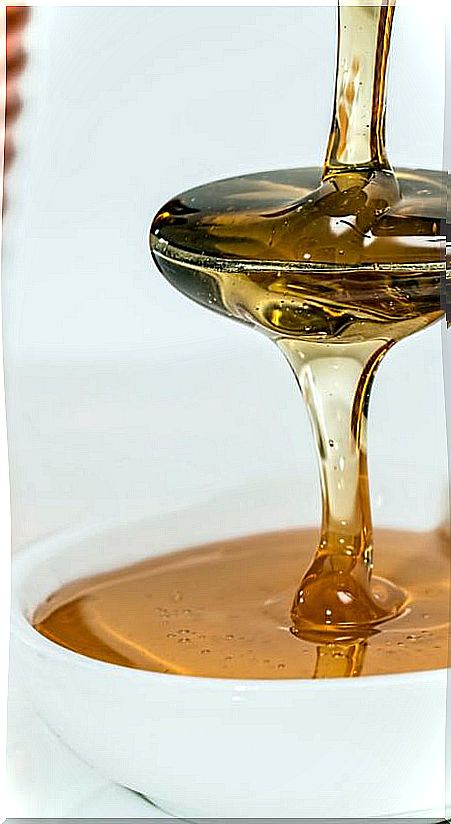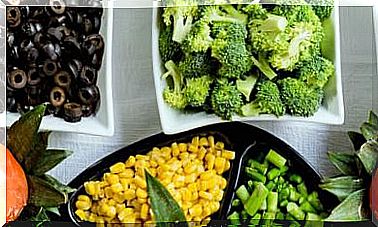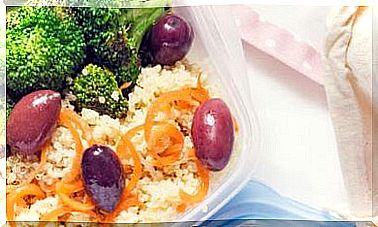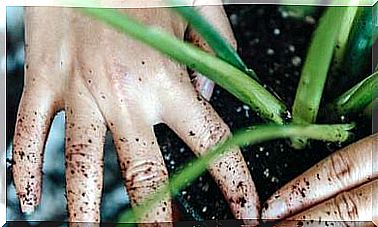Syrups And Molasses: Not All Are Healthy
They can be an alternative to sugar, but choose those with a lower glycemic index and consume them moderately and on time.

The World Health Organization recommends reducing the amount of free sugars we consume daily to no more than 25 grams. Consumption above this amount has been linked to an increased risk of tooth decay, obesity, diabetes, cardiovascular disease, and cancer.
Free sugars are found in white or table sugar, syrups, honey, molasses, juices, juices, nectars, and fruit concentrates.
Get used to the natural taste of food
The best thing to obtain the sweet taste is to resort to fruits, especially the banana; sweet-tasting vegetables such as pumpkin, sweet potato and carrot, and dried fruit, such as dates, raisins and dried apricots.
And if you want to sweeten a dish, the best alternatives are xylitol or birch sugar and stevia.
What are syrups
The syrups or syrups are juices extracted from various plants and are treated to remove part of the water and concentrate their sugars.
Its sugar content ranges between 70 and 90%, of which most are fructose. Its quality varies greatly depending on the extraction and production process.
The healthiest syrups
The best known are the maple and agave syrups, but there are also the yacon, coconut and corn syrups . This last option is the least healthy due to its high fructose content (Do you have a fructose intolerance?).
Dark agave syrup, yacon syrup and coconut syrup can be healthy options as long as they are for occasional consumption and in moderate quantities. In all three syrups, organic production options are preferable, which are free of agricultural pesticides and lack artificial additives.
Yacon is a tuber from which an expensive and quite healthy syrup is obtained. Low glycemic index (IG 1), it is suitable for diabetics and people with cancer. It behaves like a prebiotic and favors the growth of healthy intestinal flora. Excess can cause flatulence or diarrhea.
The importance of the glycemic index
The glycemic index (GI) measures the ability of a food to raise blood sugar. The GI of syrups varies according to the plant and the elaboration. When you are over 55 it is considered a high glycemic index food (choose them with the lowest GI possible). For reference: the GI of corn syrup is 115; the one for maple is 65; the coconut one, 35; that of agave, 10-15; and that of yacón, 1.
Most are high in fructose, which doesn’t cause drastic blood sugar spikes, but ends up turning into fat. Many low glycemic syrups can cause obesity, diabetes and cardiovascular disease in the long run, and their consumption should always be moderate.
Syrups have some minerals and antioxidants and are rich in fructose, but that is not why it can be said that they are healthy. Substituting syrups for refined sugar is just a less bad option; therefore, do not abuse the syrups.
What are molasses
The molasses or malts are the result of the fermentation of cereals such as rice, wheat, barley or corn, for obtaining a sweetener resembling honey.
Malts are rich in maltose, which are fast absorbing simple sugars and therefore raise blood glucose when consumed. Molasses has a high glycemic index and is not suitable for diabetics.
The molasses naturally fermented have higher amounts of complex sugars and lower glycemic index (45, compared with conventional 80- 90). They’re the best option – check the label for malted barley (the leavening agent).
Be careful if you are celiac
Although most molasses is made from gluten-free grains, such as rice or corn, it is fermented with barley, which does contain gluten. Therefore, if you have celiac disease, you should look for rice or corn syrups that have been made with previously purified enzymes.
Rice molasses, rice honey, or rice syrup is all the rage and may be one of the least harmful molasses, but it is not healthy for that. Rich in simple sugars, its glycemic index is high and it is not suitable for diabetics. It is rich in calcium and potassium (refined sugar lacks minerals), but can contain high levels of arsenic.
Molasses cannot be said to be healthy because they are rich in simple sugars that raise blood sugar levels. In case of habitual consumption, this translates into obesity and diabetes. If you consume them sporadically, try to reduce other sugars in the food.









